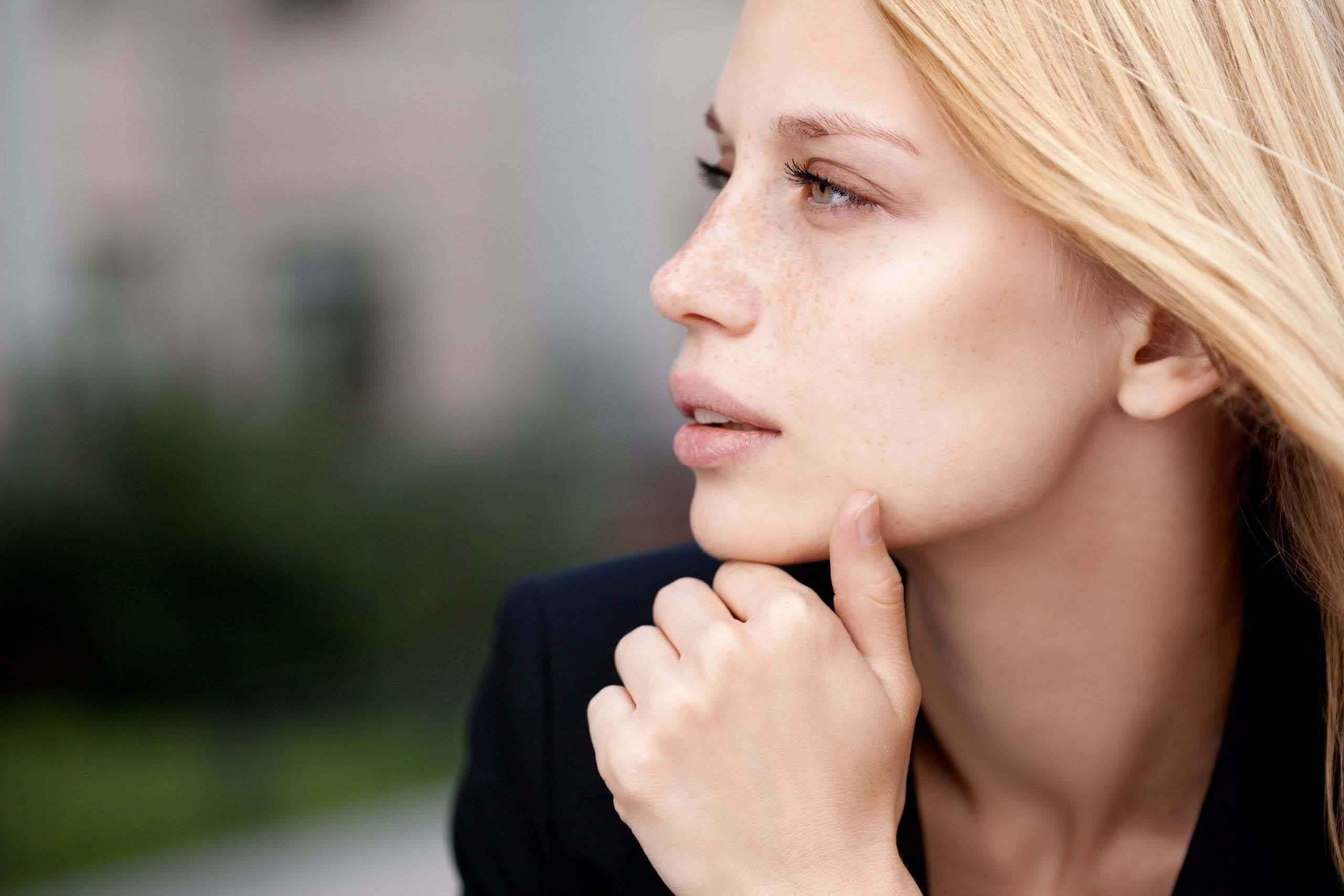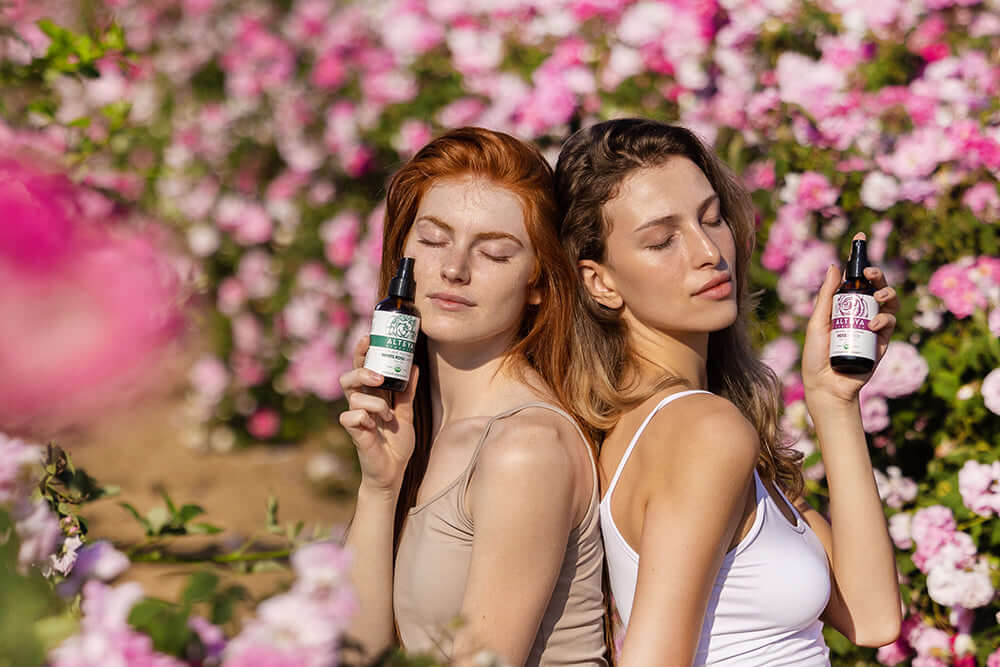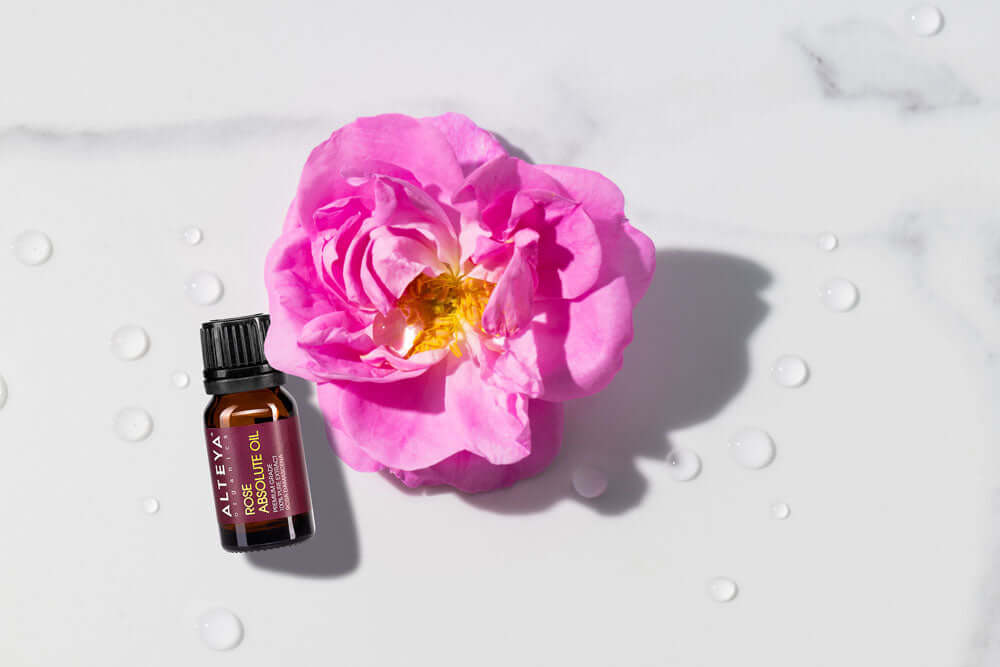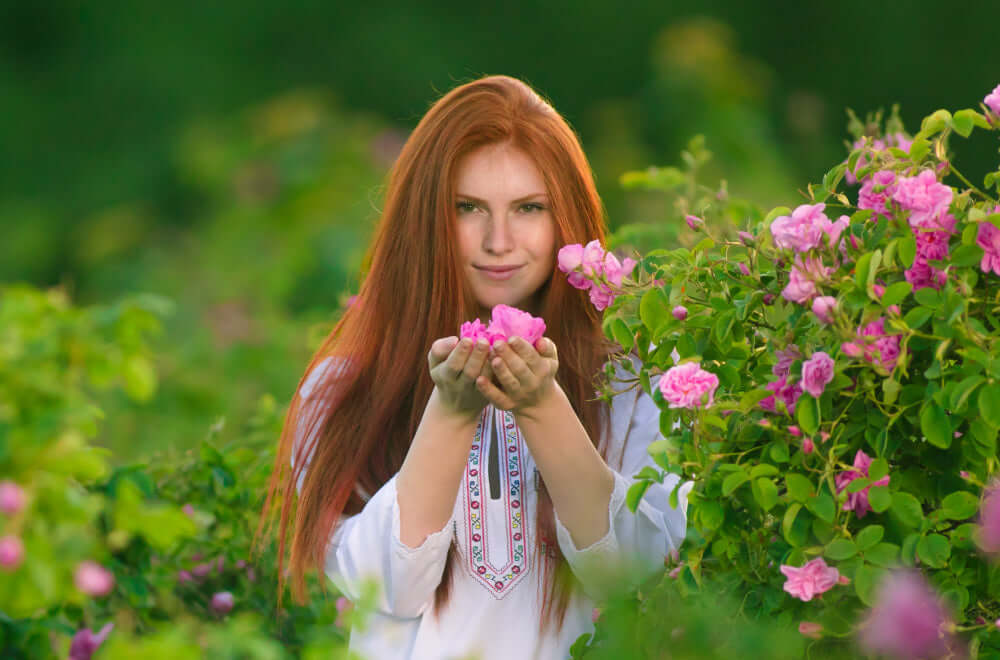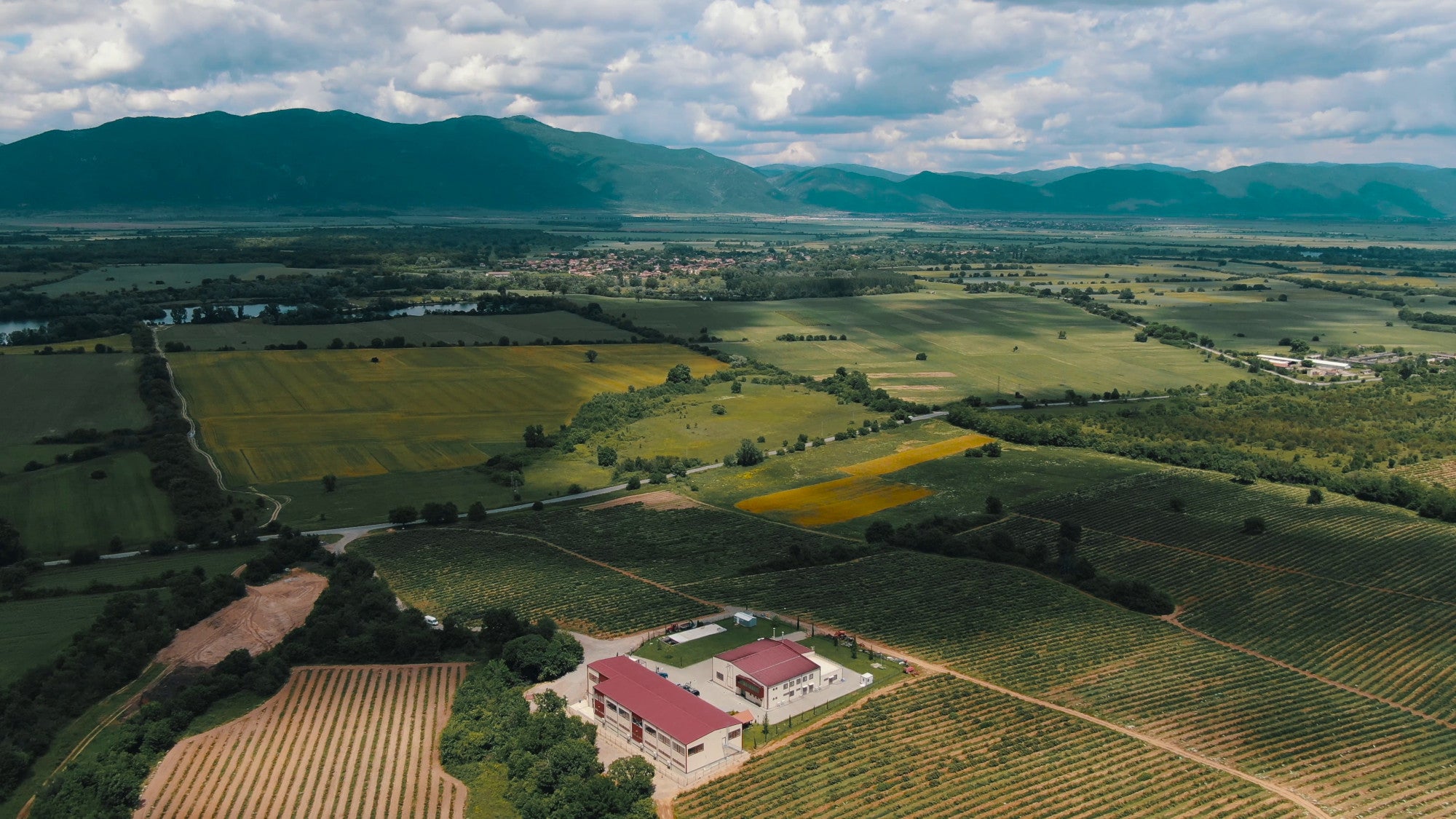Article: What is Flower Essence?
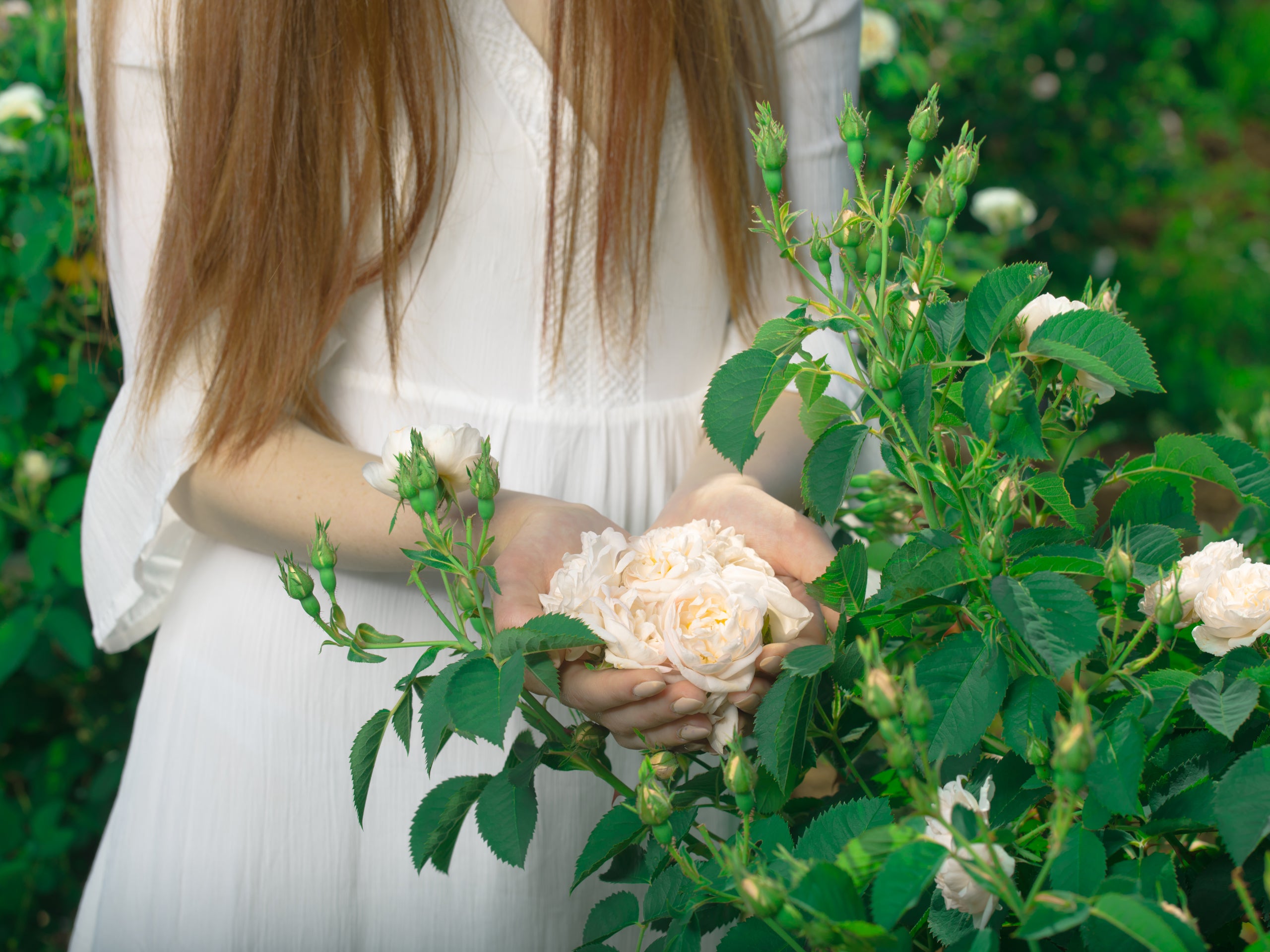
What is Flower Essence?
While flower essential oils may be well known, flower essence is not so much. What is flower essence? According to the official website of the National Association for Holistic Aromatherapy, flower essences are “the vibrational message of a flower transmitted to water by solarization, and the vibrational resonance of the flower is memorized by the water.” In layman’s terms, flower essence is a substance primarily – if not completely – composed of water and flowers that is used for therapeutic purposes.
In general, flower essences are going to have the same benefits as their essential oil counterparts. The flowers are still steam-distilled as part of the process to make a flower water the same way that they would be to make an essential oil, and even if the process were different, the benefits that the flower brings would be the same whether the product was predominantly made of essential oil or the flower water.
While there are several different kinds of flower essence waters, we’re going to look at four types here: rose water, lavender water, white rose water, and Melissa water. Each flower essence has its own set of unique benefits and purposes. While the primary use of flower waters is for skin care and emotional well-being, many flower waters can also be used for cooking purposes and for hair care. Any benefits that the waters give to your skin will fare the same for your hair.
Rose Water (Rose Damascena/Pink Rose Water)
The benefits of rose water – sometimes referred to as pink rose water – are the same as those of rose essential oil. Roses are known for being mood lifters, so naturally, rose water is uplifting and sensual. Rose water helps with depression, grief, anxiety, and other negative emotions. Rose water is often used either as a toner or just a mist spray.
Rose water spray is something of a catch-all product because it is compatible with all hair types and skin types and has benefits for physical and emotional health. Below are just a few things that rose water can help with:
Fighting Acne
The essential oils in roses are anti-inflammatory and acne-preventing, so a rose water mist may help you minimize pimples and blackheads. Overall, rose water balances out the skin and helps to rejuvenate it. By balancing out your skin, it prevents future acne from clogging up your pores. Rose water is a naturally gentle toner, so it not only helps to fight acne, but to even out your skin, all while still being moisturizing. Considering toners tend to have the stereotype of being drying on the skin, rose water definitely defies that stereotype.
Detoxifying
We all want to get the build up of chemicals, dirt, and grime out of our skin. The build-up, if not cleansed properly, can lead to clogged pores and a myriad of other issues, and that’s no fun – nor is it healthy for you. Luckily, rose water is detoxifying. It’s of course recommended that you cleanse your face before using the rose water as opposed to just spritzing the flower essence by itself. After using a cleanser, apply rose essence to help detoxify your skin.
Moisturizing
Rose oil is known for being moisturizing, and this benefit translates to rose water as well. Because it’s compatible with all skin types, sensitive skin and oily skin need not fear to use rose water. The moisture that rose water give your skin helps remove all of the conditions that kickstart aging, such as dehydrated skin.
Therapeutic
Rose water has therapeutic benefits due to the oil’s aid with emotional well-being. Roses are stimulating for both happiness and sensuality. For ages, roses have been associated with romance. Its therapeutic benefits cover certain anxious and depressive emotions, such as general anxiety and stress. It should be noted that if you need to seek help outside of aromatherapy, that is okay. While flower essence does help for some people, it should not be seen as a universal “cure” for all situations and circumstances.
How to Use Rose Water
Since rose water has so many different benefits, there are lots of ways to use it. While rose water is typically used as a toner, it can also be used as a moisturizer, a flavor to food and drink, and a detoxifier, just to name a few. Below are some of the uses for rose water.
How to Apply Rose Water to the Skin
Rose water is the perfect end to a cleansing routine, and there are several ways to apply it to your skin. Our official website suggests applying flower waters by soaking a cotton pad in flower essence and applying it all over the face; saturating a towel, warming it up, and applying it all over the face; and simply spraying the mist all over your face. Each of these applications has a different purpose. If you’re applying it with a cotton pad, it’s a nice way to finish off a freshly cleansed face. If you’re applying it with a heated towel, it’s for detoxifying your skin and unclogging your pores. If you’re spraying it on, then it works to rejuvenate your skin. Its moisturizing properties make it a perfect aftershave lotion to spritz on.
Rose Water and Skincare
The anti-septic benefits of rose water prove it to be useful in helping irritated skin. Spraying it on your skin can help minimize eczema and treat minor skin infections and bruises. It’s also great for treating sun- and wind-burns. For larger burns and bruises, seek the help of a doctor or medication to be on the safe side, but in general, rose water is good for minor skin irritations.
Rose Water and Hair Care, Aromatherapy, Beauty, and Cooking
Rose water is also a great hair treatment. Spray it on the hair daily to improve natural shine and to give your hair nutrients. Alternatively, it can be massaged into washed hair roots as a hair rinse. Its floral scent makes it perfect for homemade cosmetics such as perfumes. For other beauty purposes, rose oil is known to help minimize the “tired eyes” look. It can be used in the bathtub or sprayed in the bedroom and on clothing for stress relief or to enhance romance. Rose water can even be used for cooking! It’s a great natural flavor to add to teas and desserts. The list of things that rose water can do is long, so you’ll definitely get a lot of use out of it.
The complete list of rose water uses, along with a few beauty recipes and yummy food recipes to get you started, can be found here.
Lavender Water
The benefits of lavender water are similar to those of rose water, but still different enough that it’s its own product. While rose water helps with lifting the mood, beauty, and sensuality, lavender water is more geared towards the calming aspect of aromatherapy. Like rose water, lavender water aids in purifying, cleansing, and toning the skin. It also works as an anti-septic and helps with digestion. Lavender water can be sprayed all over the face or applied with a cotton pad. It’s a great way to add flavor to food; add some lavender water to white cake batter for vanilla-lavender cupcakes or add it to lemonade for a calming, refreshing summer drink.
White Rose Water (Rose Alba)
While white rose water can help with uplifting the mood, it is primarily used for softening, moisturizing, rejuvenating, and energizing the skin. It works with all skin types and hair types. White rose water has a lighter, more delicate floral scent compared to its pink rose water counterpart. Spray white rose water over your face after sun exposure, after exercise, or after showering for a rejuvenating effect. It also works well to rejuvenate hair and it can be added to recipes for flavor.
Melissa Water
Melissa water is not as well-known as the rose waters and lavender water, but it still has several benefits. Its lemony scent is fresh, uplifting, and energizing. This flower essence is used primarily for awakening, refreshing, and toning dull skin. It also has a little bit of a tightening affect to it. While melissa water is compatible with all skin types, it works the best with troublesome skin, so if you have acne troubles or skin that is otherwise consistently irritated and suffering from inflammation, melissa water is definitely going to help out with that. In addition to its lemon scent being energizing, it makes for a great product to add to food for a citrusy taste. When being applied to the skin, melissa water should be spritzed on in the morning as a refreshing way to start the day.
Flower essence may not be as famous as essential oils, but they certainly are just as useful, and sometimes easier to use and work with, since flower waters can usually simply be sprayed wherever you need to spray them, whereas oils have the potential of being messy if you’re not careful with handling them. Flower waters can’t do everything, but the things that they can do cover a variety of uses.





